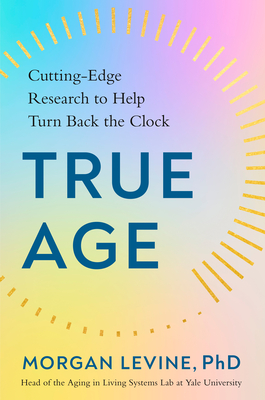What do you think?
Rate this book


304 pages, Hardcover
Published May 3, 2022
I hope by now I have conveyed to you the importance of knowing your biological age.
Whilst the strength of evidence for a relationship between GH/IGF-I axis and cancer risk is high in both cellular and animal models, data in humans are scarce and conflicting.
The other, and possibly most important, advantage of using nonhuman primates versus humans is that the scientists know exactly how much each animal is eating.
But imagine living to see one hundred or beyond in good health and then slowly declining over the remaining five to ten years. That is ideal, and that's what our goal should be.